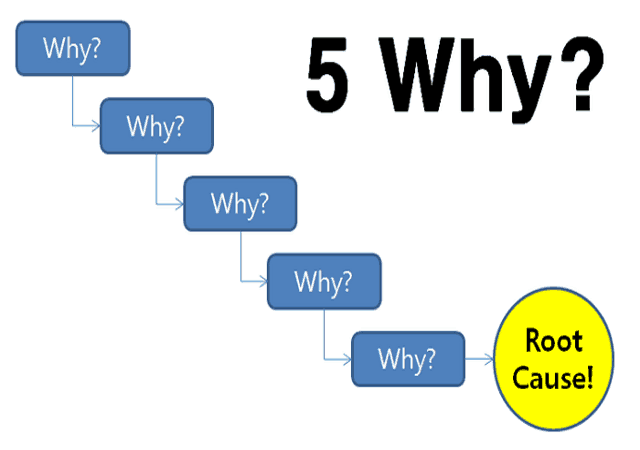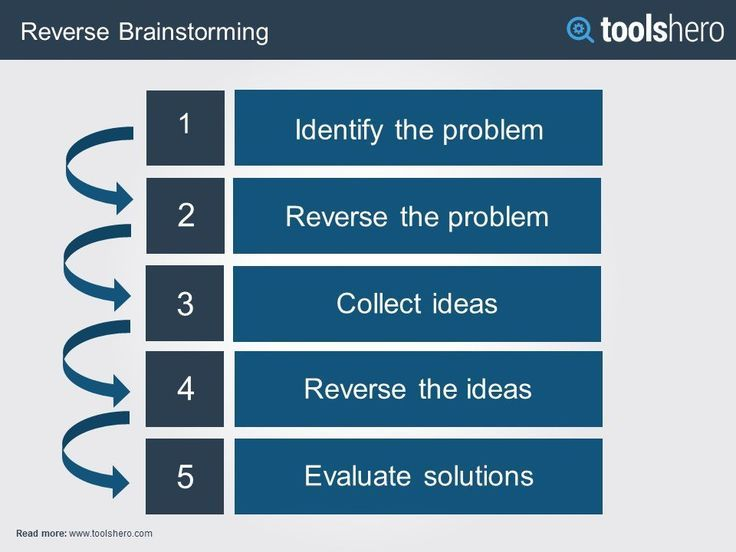Problem Solving and Its Importance in Leadership
Problem-solving is a vital skill for any leader. It involves identifying, analyzing, and resolving issues that arise in various situations. Problem-solving can help leaders to:
- Achieve their goals and objectives
- Improve their performance and productivity
- Enhance their creativity and innovation
- Build trust and collaboration among their team members
- Prevent or minimize conflicts and risks
Tools to develop effective problem-solving skills
To develop effective problem-solving skills, leaders need to use various tools and techniques that can help them find the best solutions. Some of these techniques are:
1. The 5-Why Technique: This technique involves asking "why" five times to get to the root cause of a problem. For example, if a project is delayed, the leader can ask:
- Why is the project delayed? Because the team members did not finish their tasks on time.
- Why did the team members not finish their tasks on time? Because they did not have clear instructions and expectations.
- Why did they not have clear instructions and expectations? Because the leader did not communicate with them well.
- Why did the leader not communicate with them well? Because the leader was busy with other priorities.
- Why was the leader busy with other priorities? Because the leader did not delegate some of his or her responsibilities.
By asking these questions, the leader can identify the root cause of the problem and take appropriate actions to prevent it from happening again.
2. Reverse Brainstorming: This technique involves thinking of all the possible ways to make a problem worse, and then reversing them to find solutions. For example, if a leader wants to improve customer satisfaction, he or she can ask:
1. How can we make our customers more dissatisfied?
Some possible answers are:
- Deliver poor quality products or services
- Charge high prices or fees
- Ignore or disrespect their feedback or complaints
- Delay or cancel their orders or appointments
- Be rude or unprofessional in our communication
2. How can we reverse these actions to make our customers more satisfied?
Some possible answers are:
- Deliver high-quality products or services
- Charge reasonable prices or fees
- Listen to and address their feedback or complaints
- Deliver or confirm their orders or appointments on time
- Be polite and professional in our communication
By using this technique, the leader can generate many ideas to improve customer satisfaction and choose the best ones to implement.
The Importance of Ownership for Leaders
- Ownership means taking responsibility for the problem and its solution
- Ownership fosters a sense of commitment, accountability, and empowerment
- Ownership enables leaders to align their actions with their vision and values
- Ownership encourages leaders to learn from feedback and mistakes
- Ownership inspires leaders to innovate and collaborate with others
Bottom Line
Problem-solving is an indispensable skill for leaders, enabling goal achievement, enhanced performance, trust-building, and conflict prevention. Employing tools like the 5-Why Technique and Reverse Brainstorming empowers leaders to uncover root causes and innovative solutions.
Ownership, in problem-solving, fosters commitment, accountability, and innovation, aligning actions with vision and values while inspiring collaboration and learning from feedback. Problem-solving isn't just about addressing issues; it's about propelling leadership to new heights of effectiveness and success.






0 Comments